Nosferatu: Eldritch Lust and Gothic Pestilence
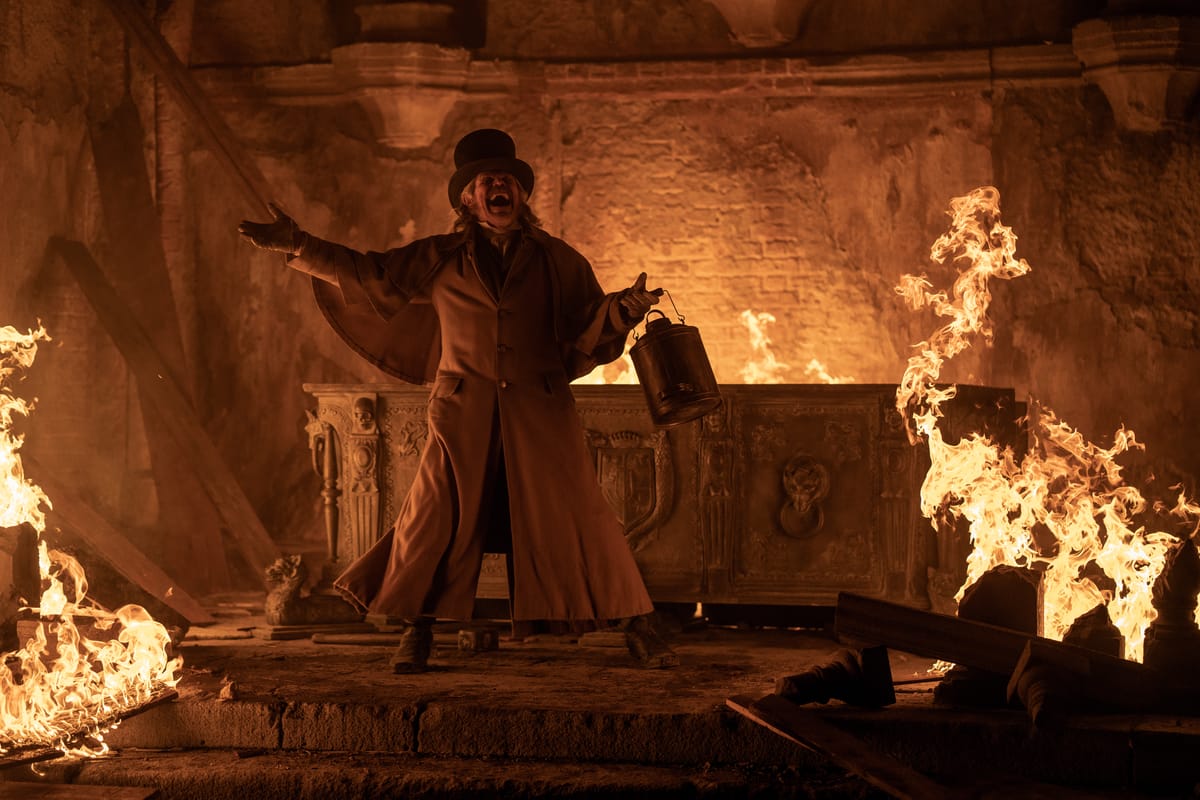
Ooh, majestic! The nightmare swirls and churns unending!
A line once uttered by the crazed Micolash in FromSoft's masterpiece Bloodborne, but one fitting the cosmic gothic prison of Robert Eggers' Nosferatu, an all consuming Eldritch terror that combines a rapidly decaying psychosexual madness with arresting imagery and towering chaos. Relentless and unforgiving from its first moments of inky black darkness to its gloomy, moonlit horrors and flame-drenched climax, Eggers enters the space of parasitic crimson fantasy and unleashes yet another immaculately crafted period piece. At times his most ambitious and sprawling work to date and at others his most straightforwardly traditional - though neither end of the spectrum seem to hamper his ability to make every second of Nosferatu a pulse pounding erotic terror.
Eggers' world is oppressive and destructive, a cold blustery landscape where every rare moment of soft, warm light only feels like a distraction, a beckoning to some future pestilence. As a young Ellen Hutter (Lily-Rose Depp) calls for a spirit to soothe her soul and the towering shadow of Count Orlok (Bill Skarsgård) makes its way into her bedroom, it all feels inevitable, a ravenous hunger that cannot be sated. Yet it's one that will plague Ellen for the rest of her days, a binding contract that links her mortal existence to the eternal presence of Orlok, a looming eros that eats away at her mind, seemingly caught between sexual awakening and nascent repression, a puritanical contradiction that consumes her mind, tormented by visions and nightmares of a reality she cannot yet accept.
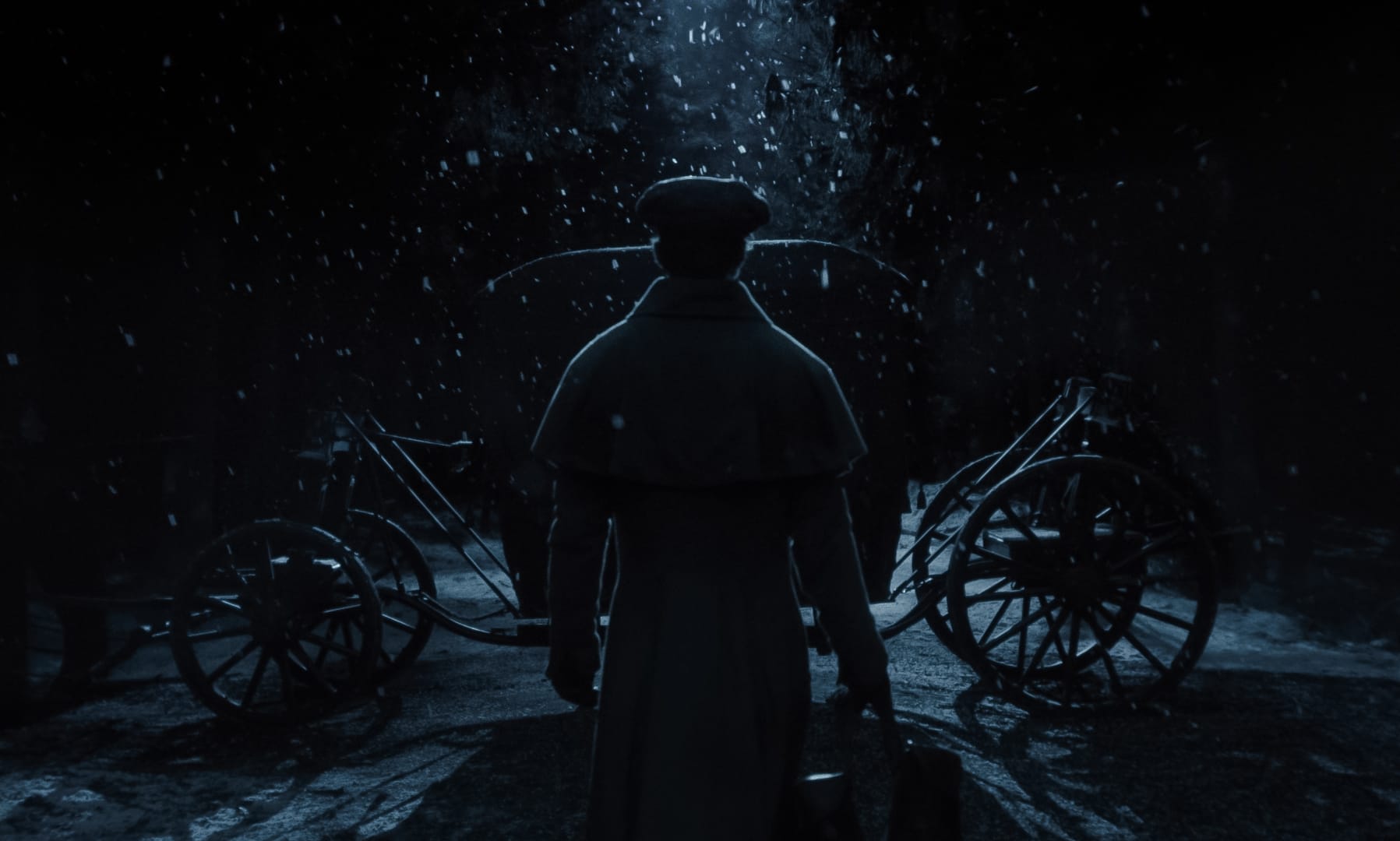
While Eggers' past work has reveled in a kind of glorious submission to the madness, like Thomasin finding a release from her repressed youth in the throes of the devil's naked, blood-drenched covenant in The VVitch or Thomas unleashing a delirious psychosis upon himself amid some unholy eternal punishment in The Lighthouse, Ellen is nothing if not determined to fight the destiny she unwittingly created for herself. In stark opposition to her fetishistic call for monstrous comfort, Ellen tries everything in her power to lead an eminently sterile and numbing life with her simple husband Thomas (Nicholas Hoult - Eggers certainly doesn't make it easy to distinguish his protagonists by name), though the looming presence of Orlok doesn't make things easy for her. While she craves both normalcy as well as someone or something to slake her sexual desires, Thomas' vice is the call of money and status, all that define the world in ancient Wisborg, Germany.
Orlok's scheme begins by preying on Thomas' simplistic ambitions, organizing the purchase of an estate in Wisborg but demanding that an agent travel to Transylvania to provide him the paperwork in person. This tear in the fabric of Ellen's carefully crafted life sends her spiraling out of control, lacking the safety of Thomas' presence and now in hysterics between her premonitions of pestilence and her unrealized repressed desires going unsatisfied. Hindered further by the patriarchal and stunted society around her, as wealthy friend Friedrich (Aaron Taylor-Johnson) and wife Anna (Emma Corrin) host her during Thomas' absence only to become frustrated and fed up with her continued state of flustered panic and fear. Friedrich, stubborn and concerned with Ellen's repeated night terrors, calls local doctor Sievers (the ever-welcome presence of Eggers regular Ralph Ineson), whose only solution is to sedate her into submission, convinced that the supernatural presence that she claims is plaguing her is nothing but a hysterical vision.
As Orlok draws ever closer in the film's most spiraling and dazzling sequence, the sailing of the Demeter (not named in specific, but still the film's parallel to the ship chapter of Stoker's original novel, featuring Orlok violently vivisecting the crew of the boat taking him to Germany), Ellen's internal chaos becomes increasingly explosive. With brilliant cross-cutting following the film's multitude of threads as they spiral out of control, each drop of blood shed by Orlok's violent manifestation seems to sink the town of Wisborg, and by proxy Ellen's psyche, deeper into chaos. Delirious professor Albin Eberhardt von Franz (Willem Dafoe) is the only one smart enough to recognize that Ellen's visions of a violent, bloodthirsty beast are real, but he remains terrified of the implications, frantic to find a solution that may repel the demonic presence despite the lingering knowledge that they may yet be doomed to disease and death; as Wisborg becomes overrun by rats and Orlok begins to drain the town of its innocence and light.
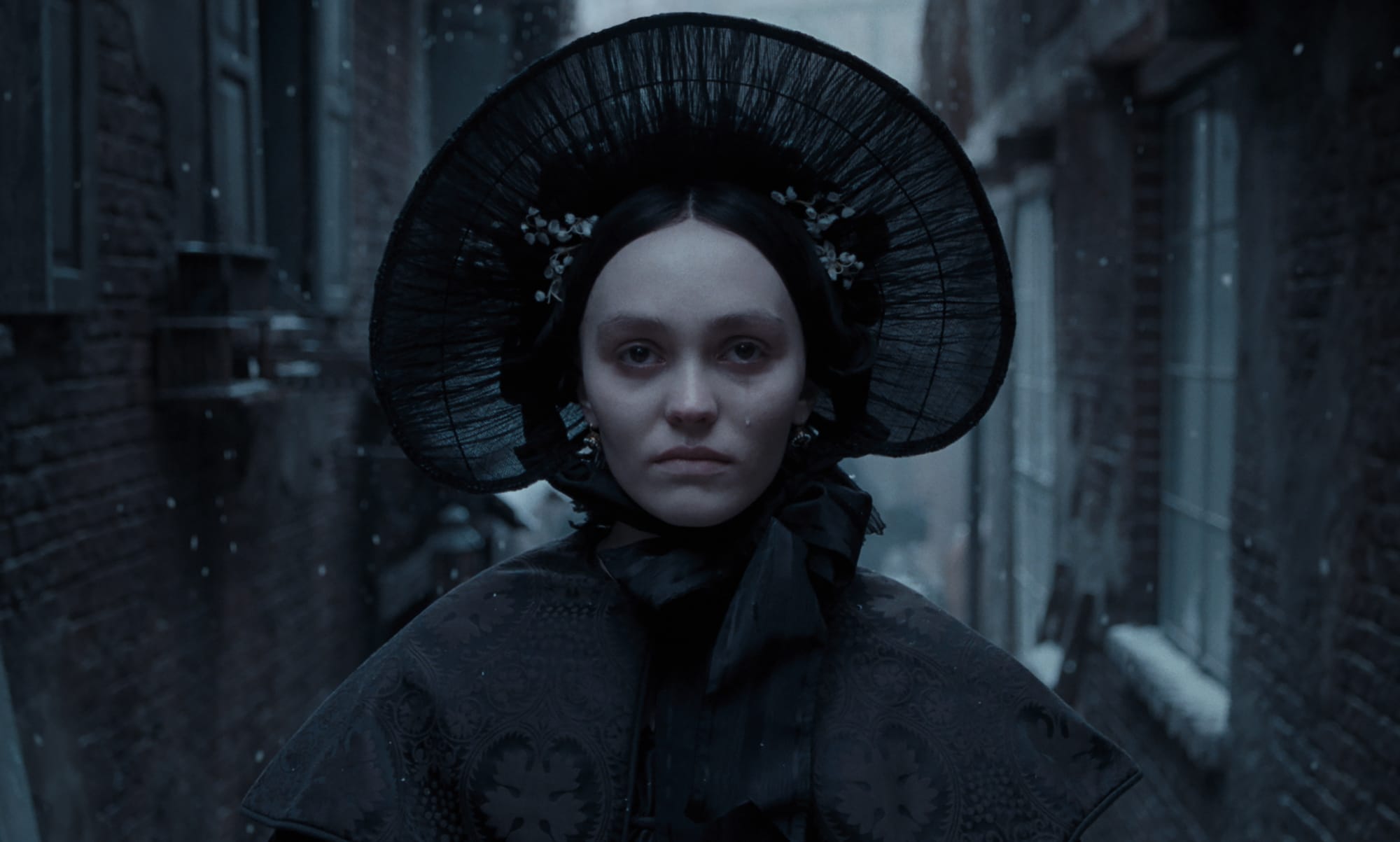
Eggers' film is intensely primal, a true gothic vision of consuming psychosis - something he's been reckoning with for his whole filmography that has never felt so fully realized, the stark contradictions in Jarin Blaschke's cold cinematography appearing like the dim flicker of an extinguishing candle, slowly dissipating from existence until the morning light casts a dusty beam across its acrid and decaying final image. While his narrative ambitions are more towering than ever, with Eggers threading arcs for half a dozen characters throughout his dark fantasy of repression and desire, he also eschews much of the common vampiric hallmarks in pursuit of this hypnotizing grim eroticism. Orlok remains a powerful elite representative of an insatiable lust for status that drains all blood and saps all energy from the common people while they're overrun by diseased rats and violent chaos, but Eggers is less interested in interrogating his status, instead relegating the vampire to the shadows as he forefronts the torment of Ellen and the inability of both her and the world around her to accept her lust and desire.
This focus on repression and desire allows Eggers to infuse the film with an ever-present appetite, a hunger that makes this his horniest cinematic experience since the homoerotic delirium of The Lighthouse. It serves the film's towering gothic atmosphere well, every drop of blood adding to a pool of raging lust. It might all come from the same cauldron of bubbling influence and the same tome of ideation that birthed the countless adaptations before it as well as scores of other gothic visions of madness (such as the immaculate Bloodborne, which grants imagery so strikingly familiar that it almost can't be coincidence, though it's hard to say who on Eggers' team, if not himself, infused the visage of Orlok's towering castle in the Carpathian Mountains with shades of Castle Cainhurst), but that never seems to detract from Eggers' singular baroque vision. Animalistic and visceral, Nosferatu sates a collective desire for immaculate craft and gothic darkness, a finely tuned effort that enthralls through its final moments.


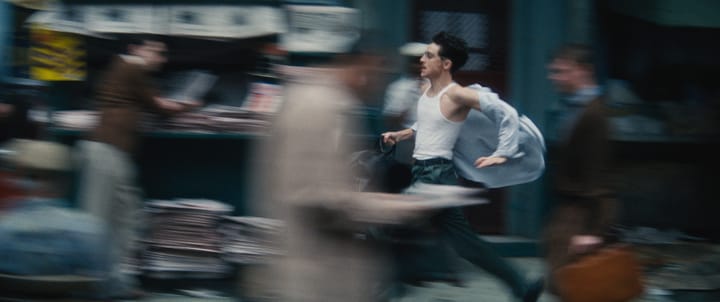
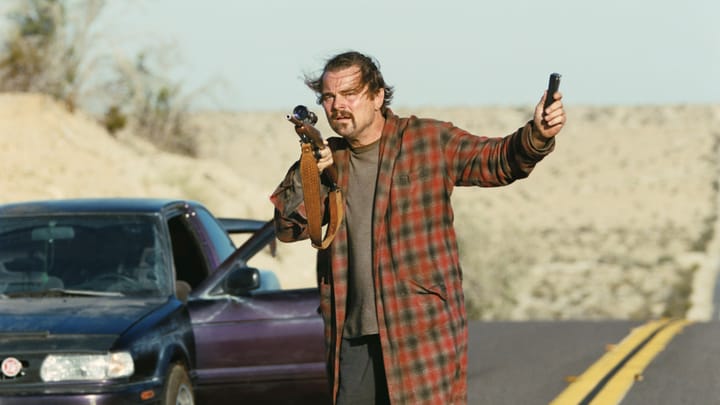
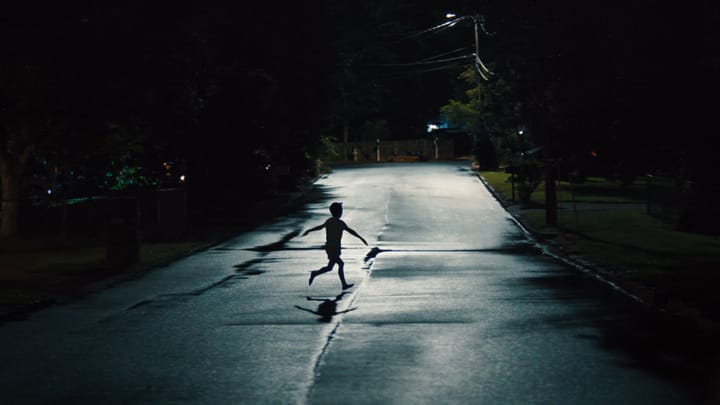
Comments ()